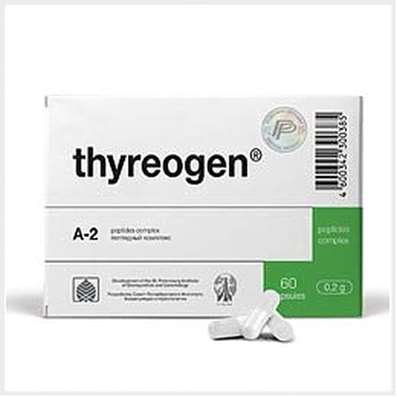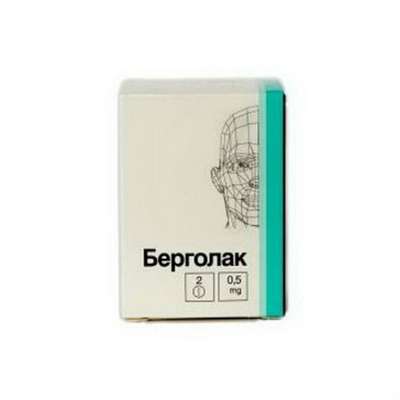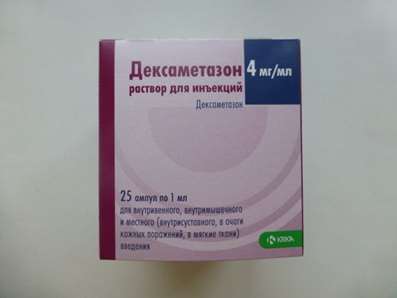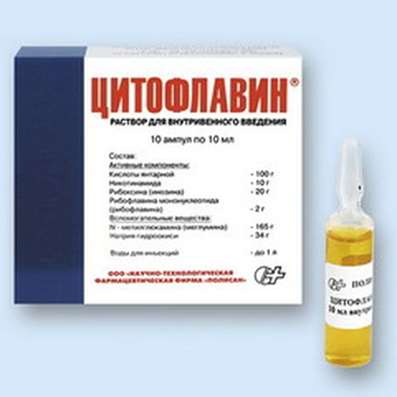Instruction for use: Corbis
I want this, give me price
Trade name of the drug – Corbis
Dosage Form: tablets
Active substance: Bisoprololum
ATX
C07AB07 bisoprolol
Indications of Corbis
Arterial hypertension; Coronary heart disease: stable angina; chronic heart failure.
Contraindications
Hypersensitivity to bisoprolol; congestive heart failure; Chronic heart failure decompensation requiring of inotropic therapy; cardiogenic shock; AV blockade II and III level without pacemaker; syndrome sick sinus; sinoatrial block; severe bradycardia (heart rate <60 beats / min.); severe hypotension (SBP <100 mm Hg); severe bronchial asthma or chronic obstructive pulmonary disease; The expressed disturbances of peripheral arterial circulation or Raynaud's syndrome; pheochromocytoma (without the simultaneous use of α-blockers); metabolic acidosis; age 18 years (insufficient efficacy and safety data in this age group).
Pregnancy and breast-feeding
In pregnancy, bisoprolol should be advised to use only if the benefit to the mother outweighs the risk of side effects in the fetus and / or the child.
Typically, β-blockers decrease the blood flow in the placenta and can affect fetal development. It is necessary to monitor blood flow in the placenta and uterus, as well as to observe the growth and development of the unborn child and in case of occurrence of adverse events in relation to pregnancy and / or fetus to take alternative therapies with a proven safety profile application during pregnancy. It is necessary to carefully examine the newborn: the symptoms of hypoglycemia and bradycardia may occur during the first 3 days of life.
Data on the allocation of bisoprolol into breast milk is not. Therefore, taking this drug is not recommended for women during breastfeeding. If his reception during lactation is necessary, breast-feeding should be discontinued.
Category effects on the fetus by FDA - C.
Side effect
The frequency of adverse reactions listed below was determined according to the following criteria recommended by WHO: very common (≥1 / 10); commonly (≥1 / 100, <1/10); uncommon (≥1 / 1000, <1/100); rare (≥1 / 10,000, <1/1000); very rare (<1/10000).
From the nervous system: often - golovokruzhenie1, headache bol1; rare - loss of consciousness.
On the part of the psyche: rarely - depression, insomnia; rarely - hallucinations, nightmares.
From a sight organ: seldom - a decrease in lacrimation (to consider when wearing contact lenses); very rarely - conjunctivitis.
On the part of the ear and labyrinth disorders: rarely - a violation hearing.
From the CCC: very often - bradycardia (in patients with CHF); often - current worsening heart failure symptoms (patients with CHF), cooling sensation or numbness in the extremities, marked reduction in blood pressure, especially in patients with CHF; rarely - a violation of AV conduction, bradycardia (in patients with hypertension or angina), worsening of heart failure symptoms flow (in patients with hypertension or angina), orthostatic hypotension.
The respiratory system, organs, thoracic and mediastinal disorders: rarely - bronchospasm in patients with asthma or airway obstruction in history; rarely - allergic rhinitis.
On the part of the digestive tract: often - nausea, vomiting, diarrhea, constipation.
On the part of the liver and biliary tract: rarely - hepatitis.
On the part of the musculoskeletal and connective tissue disorders: rarely - muscle weakness, muscle cramps.
Skin and subcutaneous tissue disorders: rarely - hypersensitivity reactions, such as itching, skin rash, redness of the skin; very rare - alopecia.
Exacerbate psoriasis current symptoms or induce psoriasis-like rash may be β-blockers.
From the genitals and breast: rarely - a violation of potency.
General disorders and administration in place: often - asthenia (patients with CHF), higher utomlyaemost1; infrequently - asthenia (patients with arterial hypertension or angina).
Laboratory and instrumental data: rarely - increased triglyceride concentrations and the activity of ACT and ALT in blood plasma.
1 In patients with hypertension or angina, these symptoms most often occur at the start of treatment. Generally, these effects are mild and are usually within 1-2 weeks after starting treatment.
Precautionary measures
bisoprolol treatment should not be interrupted suddenly, especially in patients with CAD. If discontinuation is necessary, the dose should be reduced gradually.
With simultaneous use of clonidine its reception can be terminated only after a few days after discontinuation of bisoprolol.
In the initial stages of treatment with bisoprolol patients need constant monitoring.
Monitoring of patients taking bisoprolol should include measurement of heart rate and blood pressure (at the beginning of treatment - daily, then - 1 every 3-4 months) holding an electrocardiogram, determining the concentration of blood glucose in patients with diabetes (1 in 4 times -5 months). In elderly patients it is recommended to monitor renal function (1 every 4-5 months).
It is necessary to train the patient's heart rate calculation method and instructed to consult a doctor with heart rate <60 bpm. / Min.
Bisoprolol must be used with caution in the following conditions: diabetes with considerable fluctuations in the concentration of plasma glucose - the symptoms of severe hypoglycemia such as tachycardia, palpitations and sweating may be masked; strict diet; conducting desensitizing therapy; AV block of I degree; Prinzmetal angina; disorders of peripheral arterial circulation of mild to moderate degree (at the beginning of treatment may be increased symptoms); psoriasis (including. h. in history).
In the case of elderly patients increasing bradycardia (heart rate <60 bpm. / Min), marked reduction of blood pressure (SBP <100 mm Hg), AV blockade bronchospasm, ventricular arrhythmias, severe liver dysfunction and / or kidney disease need to reduce the dose of bisoprolol or to discontinue treatment.
It is recommended to discontinue therapy in the development of depression caused by taking β-blockers.
Respiratory system
Before therapy is recommended to study of respiratory function in patients with a history of bronchopulmonary history.
In bronchial asthma or COPD shows the simultaneous use of bronchodilator drugs. Patients with asthma may increase airway resistance, which requires higher doses of β2-agonists. Smokers effectiveness of β-blockers lower.
Allergic reactions
.beta.-blockers, including bisoprolol may increase the sensitivity to allergens and the severity of anaphylactic reactions due to the weakening of compensatory adrenergic regulation under the action of .beta.-blockers. Epinephrine therapy does not always give the expected therapeutic effect.
general anesthesia
With general anesthesia, you should consider the risk of β-adrenoceptor blockade. If you want to stop bisoprolol therapy before surgery, this should be done gradually and completed within 48 hours prior to general anesthesia.
pheochromocytoma
Patients with adrenal gland tumor (pheochromocytoma), bisoprolol can be used only against the background of the simultaneous use of alpha-blockers.
hyperthyroidism
In the treatment with bisoprolol the symptoms of hyperthyroidism (hyperthyroidism) can be masked.
Patients who use contact lenses should be advised that during treatment may decrease the production of tear fluid.
Special patient groups
Impaired renal or hepatic function. If abnormal liver or renal function mild to moderate dose adjustment is usually not required.
In severe violation of kidney (Cl creatinine <20 ml / min) and in patients with severe liver disease, the maximum daily dose is 10 mg. Increasing the dose in such patients should be administered with extreme caution.
Elderly age. Dose adjustment is not required.
Children. Since there is not enough for the use of bisoprolol in children data, it is not recommended for use in children under 18 years.
At present, insufficient data regarding the use of bisoprolol in patients with chronic heart failure in combination with type 1 diabetes, severe violations of the kidneys and / or liver disease, restrictive cardiomyopathy, congenital heart disease or a heart defect valve with severe hemodynamic compromise. Also still not enough data was received with respect to CHF patients with myocardial infarction within the past 3 months.
The impact of any ability to perform potentially hazardous activities that require attention and fast reactions (eg road transport management, work with moving machinery). Bisoprolol does not affect the ability to drive vehicles according to a study in patients with CAD. However, the ability to drive vehicles or operate technically complex mechanisms may be impaired as a result of individual reactions. It should be emphasized at the start of treatment, after changing the dose and while consuming alcohol.

 Cart
Cart





